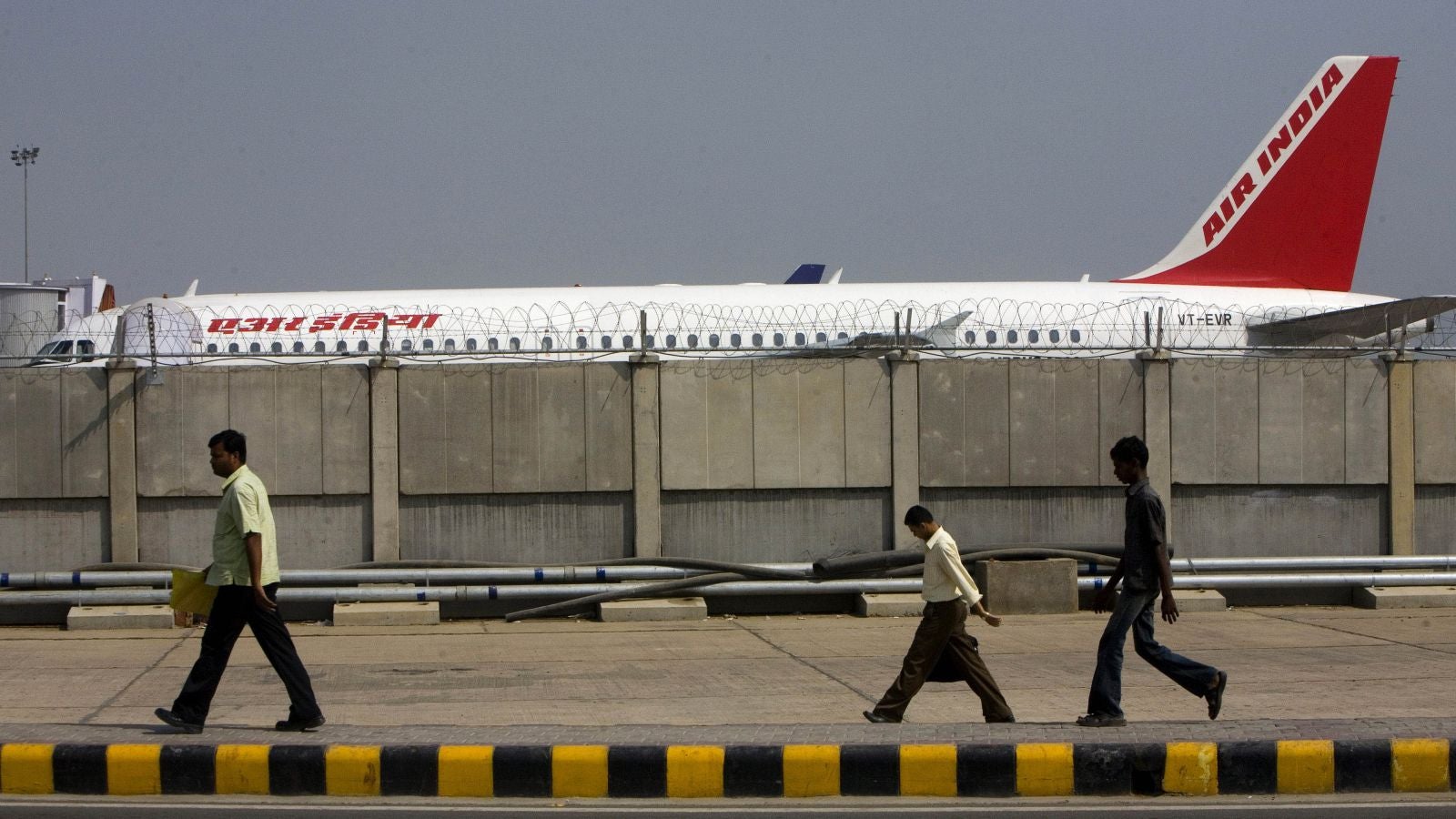The Indian government finally explains why it failed to sell Air India
Two months after India’s attempt to sell off Air India came to a naught, the government has finally revealed the reasons for its failure.


Two months after India’s attempt to sell off Air India came to a naught, the government has finally revealed the reasons for its failure.
Among other factors, the government’s refusal to cede full control of the organisation resulted in the stake-sale not taking off, parliament was informed on Aug. 01. These findings were part of a report submitted in June by management consulting firm EY, which was appointed to advise the government on the transaction.
In March, the government invited buyers for a 76% stake in Air India. Sweetening the deal, it offered full management control and just half of its around Rs52,000 crore debt. Yet, there were no takers. The bidding process ended on May 31.
In a reply to a question asked in the Rajya Sabha, the upper house of parliament, junior aviation minister Jayant Sinha said:
“Probable reasons as analysed by the transaction advisor, EY for non-receipt of bids, inter-alia are government of India’s 24% stake and corresponding rights, high amount of allocated debt, changes in macro environment, individuals not being allowed to bid, profitability track record, and bidders not being able to form a consortium within given time period.”
He also sought parliament’s approval to infuse Rs980 crore into the airline. Since 2012, it has pumped in Rs27,195.21 crore into Air India to keep it afloat.
Sinha also said that the airline made losses of Rs5,765 crore in fiscal 2017. It is expected to lose up to Rs13,699 crore over fiscal years 2019 and 2020, according to aviation advisory firm CAPA.
However, despite EY’s feedback and the airline’s sinking financials, the government hasn’t changed its stance. “The government has no such plan to exit Air India altogether,” Sinha said, adding that the sale itself plan has been put on the back burner for now.